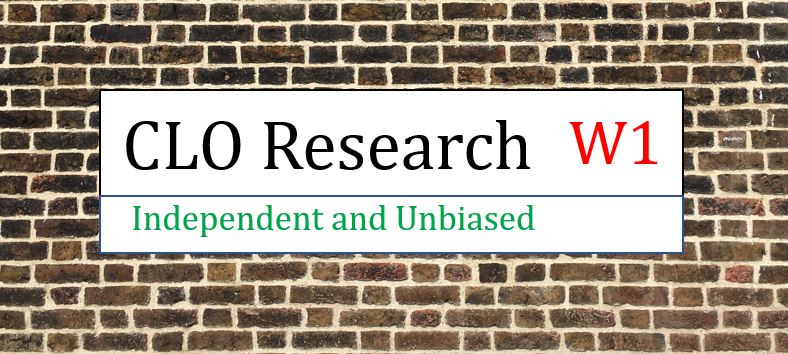The US CLO arbitrage (arb) has remained largely rangebound since July 2023. However, recently, there has been a noticeable downward trend in the arbitrage metric for new-issue US CLOs. As of March 15, 2024, the latest metric stands at 203 basis points (bps), marking it lower than the median for deals in both 2023 and year-to-date (YTD) 2024. This seems to suggest that new-issue US CLO volume is more closely correlated with loan market conditions and strong CLO debt demand than with arbitrage metrics. For more details, refer to the article “Monitor: US BSL CLO New Issue Arb Trend.”
Resetting a deal is generally more feasible when the deal is performing well and is bolstered by favourable market conditions. Currently, the market conditions seem propitious. However, beyond the ‘obvious’ US CLO deals from 2022-2023, which were launched at an opportune moment, seasoned deals from the 2014-2021 vintages that sit in the top quartile for Market Value Over Collateralisation (MVOC) and Equity Net Asset Value (NAV) are in a notably stronger position to explore a reset option.
A recent example is the reset of OHA Credit Funding 1, a 2018 vintage deal. This deal stands out, with its MVOC (BB) solidly placed in the 95th percentile for 2018 vintage deals. Notably, this deal has been extended by 5 years, in exchange for a 11 bps increase in its cost of liabilities. In essence, this deal incurred a cost of approximately 2 bps more for each additional year of the reinvestment period, which is favorable compared to its peers from the 2018 vintage, who on average paid around 6 bps more for an additional year of the reinvestment period. For more details, refer to the article “US BSL CLOs: A Closer Look at Recent Resets (Updated)”
Disclaimers
The information, research, data, research-related opinions, observations, and estimates contained in this document have been compiled or arrived at by CLO Research Group, based upon sources believed to be reliable and accurate, and in good faith, but in each case without further investigation. None of CLO Research Group or its service providers; authorised personnel, or their directors make any expressed or implied presentation or warranty, nor do any of such persons accept any responsibility or liability as to the accuracy, timeliness, completeness, or correctness of such sources and the information, research, data, research related opinions, observations and estimates contained in this document. All information, research, data, research-related opinions, observations, and estimates in this document are in draft form as of the date of this document and remain subject to change and amendment without notice. Neither CLO Research Group nor any of their third-party providers shall be subject to any damages or liability for any errors, omissions, incompleteness, or incorrectness of this document. This article is not and should not be construed as an offer, or a solicitation of an offer, to buy or sell securities and shall not be relied upon as a promise or representation regarding the historical or current position or performance of any of the deals or issues mentioned in it.





